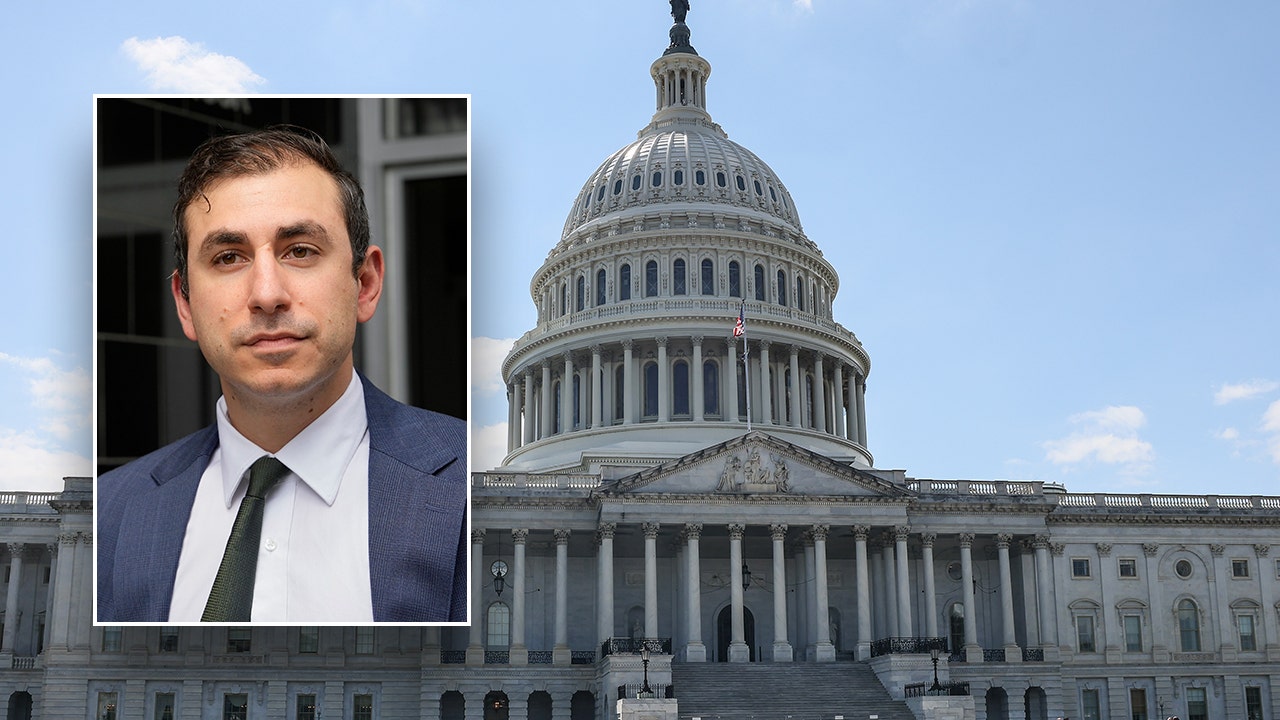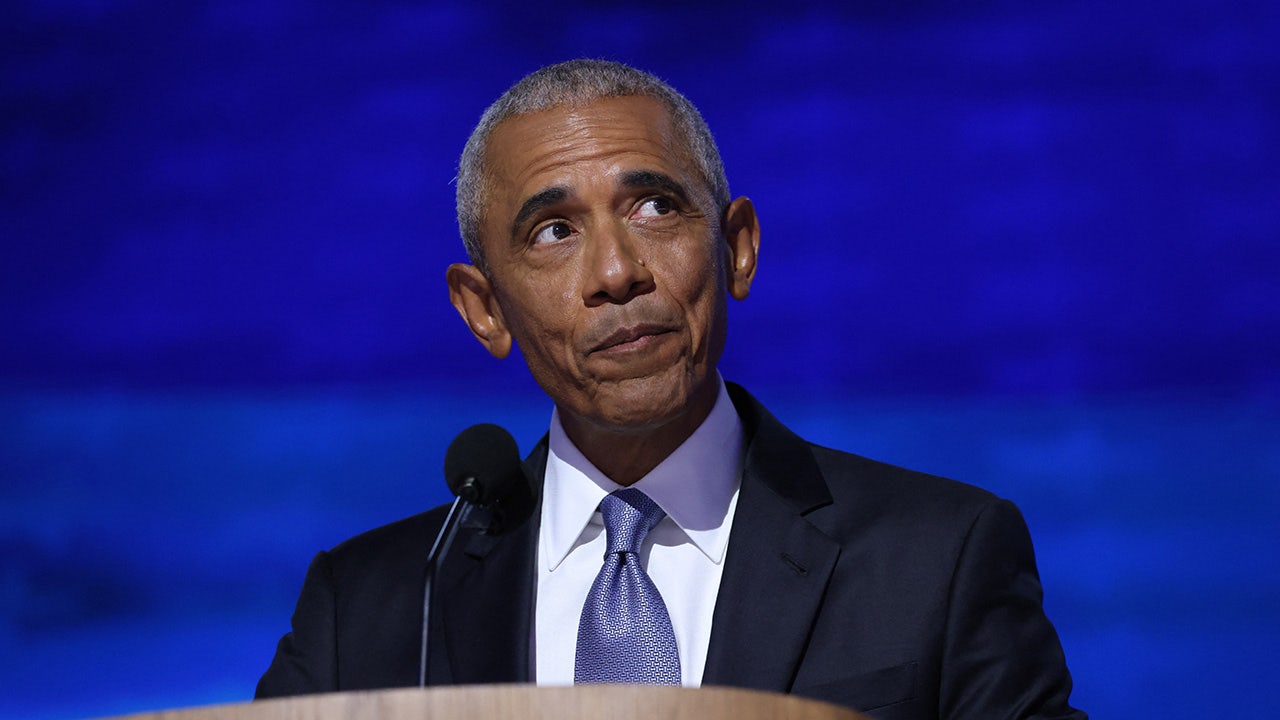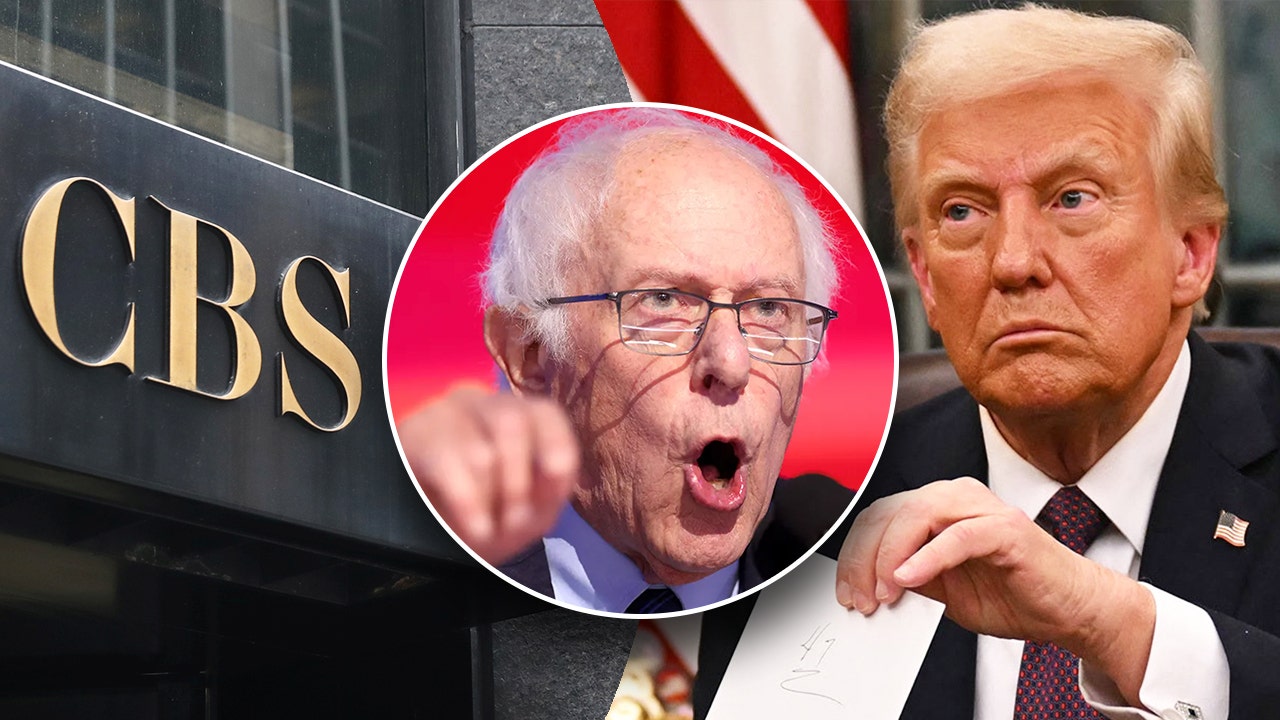How Trump used his first week to exact political retribution
THE REVENGE TOUR LOL!!
Jeremy Herb, CNN
Sat, January 25, 2025 at 4:00 AM EST·7 min read
President Donald Trump’s termination of Dr. Anthony Fauci’s security detail was just one of the ways in which he’s used his first week in office to carry out the political retribution he vowed to unleash if voters returned him to the White House.
With actions big and small, Trump has spent his first days in office pushing the levers of government – and his unique powers as commander in chief – to target his perceived political enemies both inside and outside the government.
The president has revoked security clearances from his critics. He’s canceled security details for officials who worked for him in the first administration. He’s personally announced the firings of individuals he loathes. And he’s teased a desire to launch wide-ranging investigation into both his predecessor, Joe Biden, and many others who criticized him after he left office the first time.
It’s still too early to say how much Trump’s desire for political retribution will color his second term – and whether he will in fact push for far more drastic actions inside the Justice Department once his team is confirmed. The Trump Justice Department this week
quickly reassigned at least 20 career officials from senior-level positions where they’ve worked for years.
But it’s clear from Trump’s rhetoric during his first five days in office that he still has a desire to do. The new president this week bemoaned Biden’s preemptive pardons of potential targets of Trump’s retribution – like former Rep. Liz Cheney. And he even suggested in an Oval Office interview with Fox host Sean Hannity on Wednesday that Biden made a mistake by not pardoning himself.
“I went through four years of hell by this scum that we had to deal with,” Trump said. “It’s really hard to say that they shouldn’t have to go through it also. It is very hard to say that.”
Revoking clearances and security details
Trump used his first batch of executive actions signed on the first day of his presidency to
begin his retribution tour.
Included among them: Trump
revoked the security clearances of the 51 former intelligence officials who signed a 2020 letter arguing that emails from a laptop belonging to Hunter Biden carried “all the classic earmarks of a Russian information operation.”
The letter had been a target of Republican-led congressional investigations over the past two years, but Trump’s action to revoke clearances took things a step further. The letter was signed by a number of top former officials from both the Obama and Bush administrations, including former director of national intelligence Jim Clapper, former CIA director John Brennan and former acting CIA directors John McLaughlin and Michael Morell.
Trump tacked on another former national security official in the order: It also revoked the clearance of his former national security adviser John Bolton over a memoir about his time at the National Security Council that was deeply critical of the president – which the first Trump administration investigated for the potential inclusion of classified material.
Trump went after Bolton in another way within hours of his swearing in, terminating his
Secret Service detail, which has been assigned to him because of threats from Iran. (Trump initially terminated his protection after he left his administration in the first term, but Biden restored it once he took office.)
Trump also revoked the security detail
for his former Secretary of State Mike Pompeo, who like Bolton, also received protection due to threats from Iran. And he yanked the detail from Fauci, which was being provided and paid for by the National Institutes of Health due to ongoing threats from his public-facing role during the Covid-19 pandemic.
Fauci has now hired his own private security that he’ll pay for himself, CNN reported Friday.
Asked whether he would feel partially responsible if something were to happen to Fauci or Bolton, Trump said no.
“They all made a lot of money. They can hire their own security too,” Trump said Friday while touring storm damage in North Carolina. “All the people you’re talking about, they can go out, I can give them some good numbers of very good security people. They can hire their own security. They all made a lot of money. Fauci made a lot of money.”
Targeting federal workers and firing by Truth
Trump also
took actions to reshape the federal workforce – both as part of his campaign to weed out the so-called “deep state” from inside the government and
to target federal employees who focus on
diversity, equity and inclusion.
He issued an executive order
making it easier to fire federal workers, placed workers in any
federal DEIA offices on paid administrative leave and directed all federal agencies to revise their telework policy to require workers to be in the office.
But Trump also made sure to use his newly regained bully pulpit to personally announce the firings of several critics by “Truth.”
Early Tuesday morning, Trump
posted on his Truth Social account that he was removing four individuals from presidential advisory boards: José Andrés, the celebrity chef and restaurateur; former Joint Chiefs Chairman Mark Milley; former Atlanta Mayor Keisha Lance Bottoms; and Brian Hook, a top State Department official in the first Trump administration who was at one point expected to lead Trump’s State transition team.
“Let this serve as Official Notice of Dismissal for these 4 individuals, with many more, coming soon: Jose Andres from the President’s Council on Sports, Fitness and Nutrition, Mark Milley from the National Infrastructure Advisory Council, Brian Hook from the Wilson Center for Scholars, and Keisha Lance Bottoms from the President’s Export Council—YOU’RE FIRED!” Trump wrote.
There was no reason Trump needed to announce the firings himself –
Andrés even responded by saying that he’d already submitted his resignation before Trump was sworn in.
Still, Trump made a show of going after some of his vocal critics, like Milley, who
called Trump a “fascist to the core” ahead of the 2024 election.
Following his campaign promises
During the 2024 presidential campaign, Trump repeatedly suggested that his perceived enemies should be jailed, from the prosecutors in the Biden administration Justice Department who indicted him to members of the House select committee that investigated the January 6, 2021, attack on the US Capitol.
Now in office, Trump has kept up the same rhetoric, even if some of his targets received a preemptive pardon from Biden.
“I was going to talk about the things that Joe did today with the pardons of people that were very, very guilty of very bad crimes, like the Unselect Committee of political thugs,” Trump said of the January 6 committee in remarks following his inaugural address.
On his first day in office, Trump issued an executive order directing his Justice Department and Office of the Director of National Intelligence to open broad investigations into Biden administration “weaponization” of law enforcement and intelligence agencies.
Trump also issued an order
pardoning more than 1,000 people charged in the Capitol attack — the most sweeping action in his long-running effort to rewrite the history of January 6 and his attempts to overturn the 2020 election, which had led to now-dropped federal charges against him brought by former special counsel Jack Smith.
“And, you know, the funny thing, maybe the sad thing, is, he didn’t give himself a pardon. And if you look at it, it all had to do with him. I mean, the money went to him,” Trump said, repeating never-proven allegations that Republicans investigated in the last Congress about Biden receiving money from his family members’ business ventures.
Of course, if Trump actually directed his Justice Department to investigate Biden, he would face a key roadblock because of his own legal battles last year: The Supreme Court ruled in Trump’s challenge to the special counsel’s January 6 indictment that
presidents have “absolute immunity” related to their official actions.

 www.foxbusiness.com
www.foxbusiness.com









